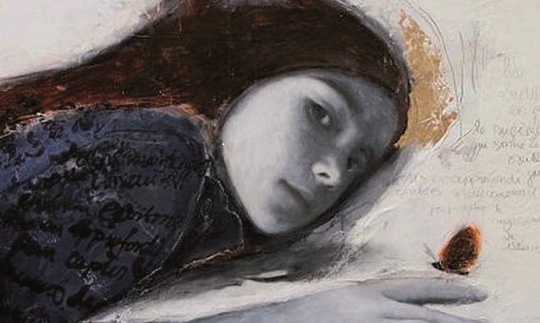In the wake of the more recent earthquakes in central Italy it seems painfully appropriate that Calisi Press should choose to release the English translation of Donatella Di Pietrantonio’s award winning Bella Mia, set in the aftermath of the devastating 6.3 magnitude earthquake in L’Aqualia in 2009, the deadliest Italy had seen since 1980.
In the early hours of 6 April, 2009, amidst the chaos of the tremors, one woman dies. She leaves her only son behind, left in the care of her surviving twin sister, Caterina, and their elderly mother. The broken family becomes the center for Pietrantonio’s moving tale of recovery. Set in the ruins of a family and the wreckage of the city, the story details the delicate stages of grief as each character moves to re-build their lives after the disaster.
Caterina’s sister Olivia was a constant presence in her life, and one cannot help but think of the powerful female relationships depicted in Ferrante’s novels when reading Caterina’s memories of the two as children, surviving the complex and riddled world of the schoolyard and vying for attention from their peers. In her death, Olivia becomes omnipresent in the lives of those she has left behind: her son blindly chases cars driven by women who look like her; her mother builds her day around visiting her grave, her sister still wears her clothes for good luck. Caterina’s survival guilt is evident—she is ‘alive by mistake’ as far as her nephew is concerned—and the constant expectation that she ‘should be his spare mother’ rather than his grieving aunt torments her. ‘We could have swapped deaths, as we’d always swapped clothes, books, occasions,’ Caterina obsesses. She dwells on the inevitable, unanswerable question: why her? Why was fate kind to her and not her twin? For two people so tightly bound for so many years, why at this point in time were they so violently torn apart?

